Mamy nową, odświeżoną wersję słownika głównych pojęć używanych w EMCC, m.in. w dokumentacji akredytacyjnej.
Chcesz wiedzieć, jak EMCC rozumie Coaching i Mentoring?
Coaching & Mentoring: It is a professionally guided process that inspires clients to maximise their personal and professional potential. It is a structured, purposeful and transformational process, helping clients to see and test alternative ways for improvement of competence, decision making and enhancement of quality of life. Coach and Mentor and client work together in a partnering relationship on strictly confidential terms. In this relationship, clients are experts on the content & decision making level; the coach & mentor is an expert in professionally guiding the process.
Jak EMCC definiuje sam mentoring?
Mentoring (EMCC Task Force 2010 and EMCC IEB 2017): A developmental process, which may in some forms involve a transfer of skill or knowledge from a more experienced person to a less experienced, through learning, dialogue and role modelling. In other forms may be a partnership for mutual learning between peers or across differences such as age, race or discipline.
A jak może być rozumiana praktyka coachingowa i mentoringowa?
A Practice of Coaching/Mentoring: It is the action or process of performing or doing something. It is the way a coach operates and it is influenced by a complex set of elements, some intrinsically connected with who he/she is (his/her values, personality, knowledge, experience, background), other with the context and his/her coachee.
B Process of Coaching/Mentoring: A process is a systematic series of actions directed to some end. It is the way a coaching conversation or session is structured. It expresses itself in a sequence of interdependent and linked steps/phases and its actions. Its ultimate goal of is to full the coaching objectives and during the process insight and learning, personal development, increase capability and change are enabled.
A co z superwizją wg EMCC?
A Supervision: the interaction that occurs when a mentor or coach brings their coaching or mentoring work experiences to a supervisor in order to be supported and to engage in reflective dialogue and collaborative learning for the development and benefit of the mentor or coach, their clients and their organisations.
B Supervision (of supervisors): the interaction that occurs when a supervisor brings their supervision experience, supervising coaches and mentors, to a supervisor in order to be supported and to engage in reflective dialogue and collaborative learning for the development and benefit of the supervisor and of their supervisees (mentors or coaches)
Jeszcze rzut oka na praktyczną definicję wartości:
Values: Values are ideals and motives in a society or a group. They reflect one’s sense of what is right and wrong or what “ought to be”. Worth striving Values are beliefs about what is meaningful to the person. There are major categories of values:
Instrumental value: a meaning that is actually provided to persons, things and events by specific individuals or groups. Values are usually collective, but they can also be experienced as highly personal.
Intrinsic value: values that are being pursued with the idea that the good ought to be done. Ethical values retain their significance and validity, even if they are not actually worn by people and groups. Examples of ethical values are justice, love, freedom and equality. They are the motives and ideals on which the concrete standards are based.
Cały Słownik znajdziesz TUTAJ

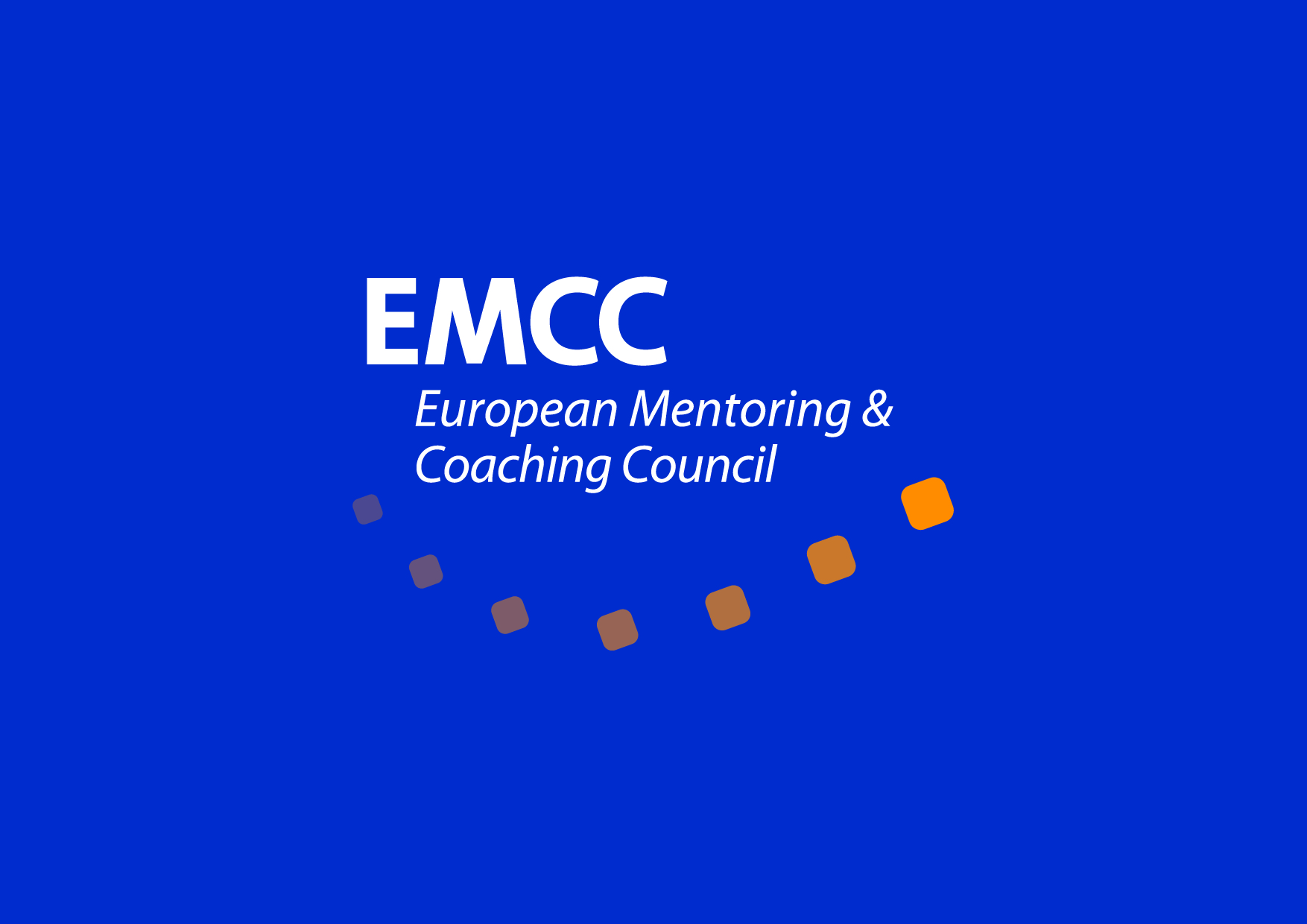

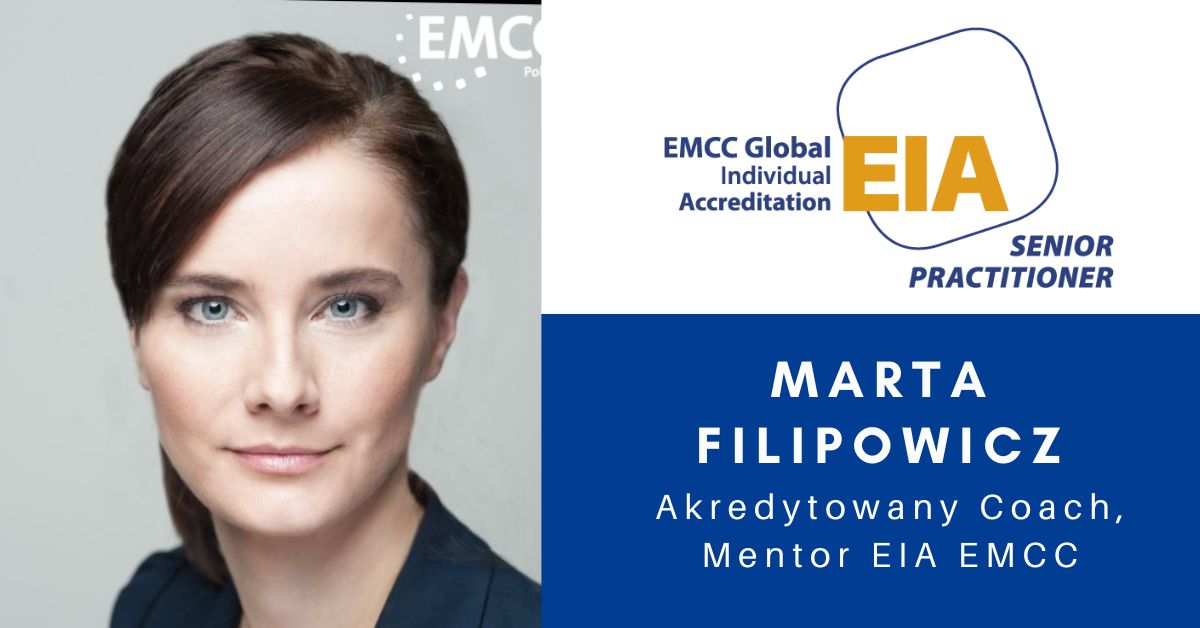

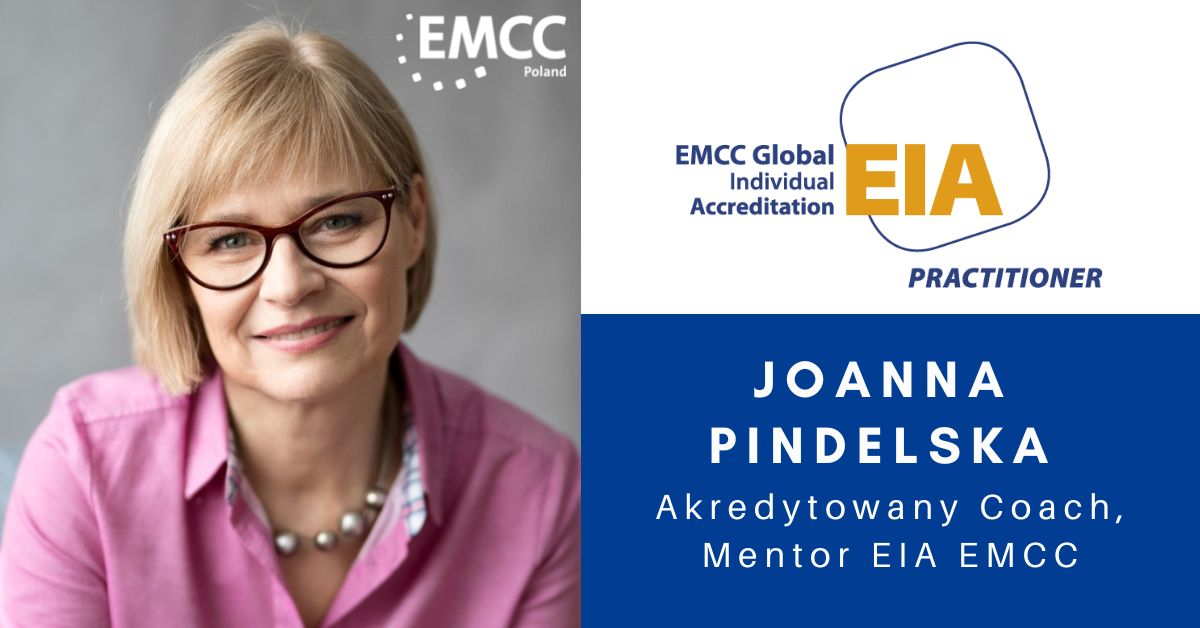

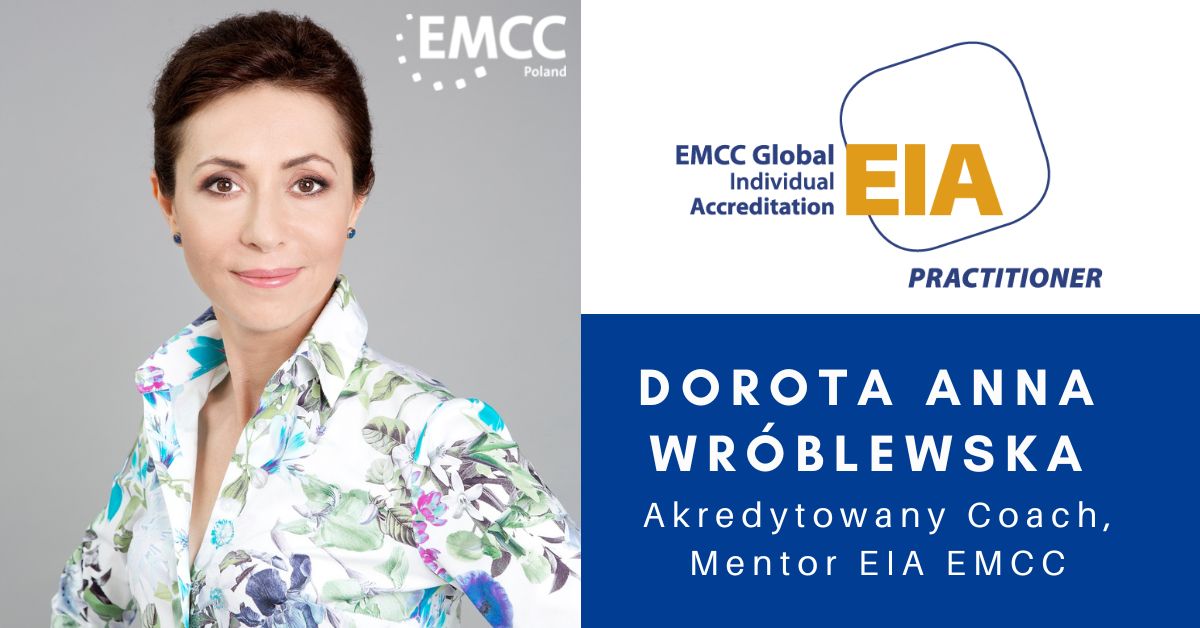
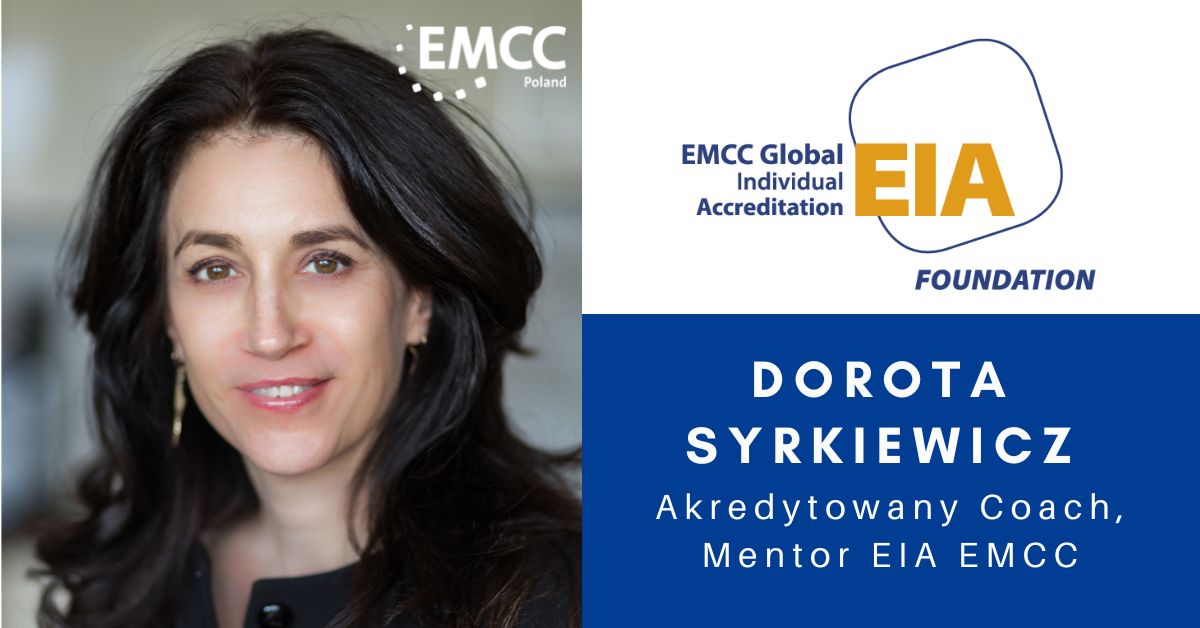
0 komentarzy